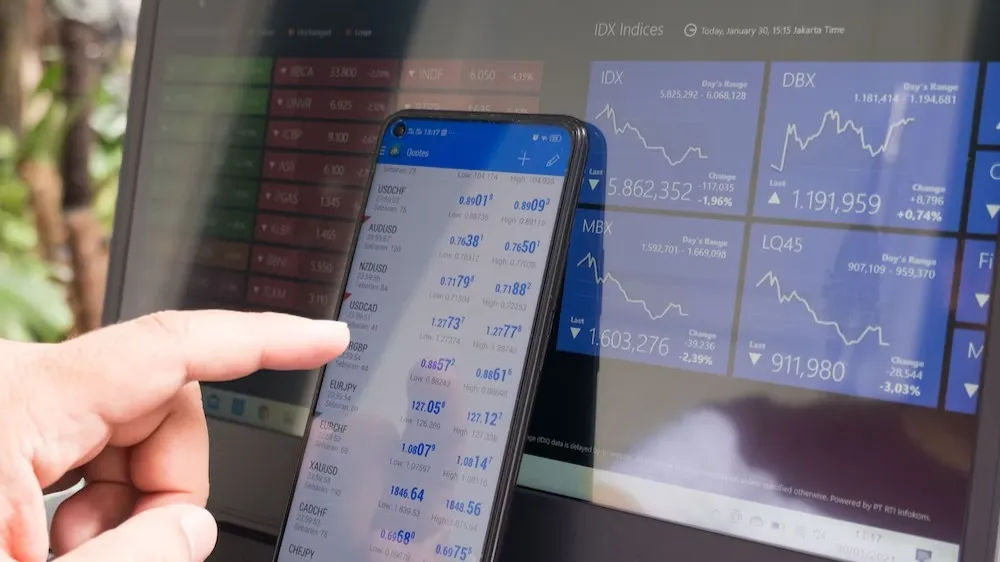China’s consumer prices accelerated in August at the fastest pace in half a year due to higher food costs due to weather disruptions, while producer price deflation worsened as Beijing maintained its efforts to revive domestic demand.
The shaky start to the second half is increasing pressure on the world’s second-largest economy to implement more policies amid a prolonged housing crisis, persistent unemployment, debt problems and rising trade tensions.
The consumer price index (CPI) rose 0.6 percent from a year earlier last month, compared with a 0.5 percent increase in July, data from the National Bureau of Statistics (NBS) showed on Monday, but less than the 0.7 percent rise expected in a Reuters poll of economists.
This summer’s extreme weather conditions, from deadly floods to scorching heat, have driven up prices for agricultural products, contributing to faster inflation.
“The higher CPI in August was due to high temperatures and rainy weather,” NBS statistician Dong Lijuan said in a statement.
Food prices rose 2.8 percent year-on-year in August from an unchanged result in July, while non-food inflation was 0.2 percent, slowing from 0.7 percent in July.
Core inflation, excluding volatile food and fuel prices, was 0.3 percent in August, down from 0.4 percent in July.
The consumer inflation gauge rose 0.4 percent month-on-month, compared with a 0.5 percent increase in July and missing economists’ expectations for a 0.5 percent rise.
In unusually strong comments, former Chinese central bank governor Yi Gang urged efforts to combat deflationary pressure at the Bund Summit in Shanghai last week.
A nationwide push to spend $41 billion in ultra-long-term Treasury bonds to support equipment upgrades and consumer goods trade has proven tepid in boosting consumer confidence, and domestic auto sales extended their declines for a fourth month in July.
The faltering economic activity has prompted global brokerages to cut their 2024 growth forecasts for China to below the official target of around 5 percent.
China has room to reduce the amount of cash banks must set aside, a central bank official said Thursday.
The producer price index (PPI) fell 1.8% in August from a year earlier, the biggest drop in four months. This was worse than the 0.8% drop recorded in July and smaller than the expected 1.4% drop.
Disclaimer:
The information contained in this post is for general information purposes only. We make no representations or warranties of any kind, express or implied, about the completeness, accuracy, reliability, suitability or availability with respect to the website or the information, products, services, or related graphics contained on the post for any purpose.
We respect the intellectual property rights of content creators. If you are the owner of any material featured on our website and have concerns about its use, please contact us. We are committed to addressing any copyright issues promptly and will remove any material within 2 days of receiving a request from the rightful owner.

